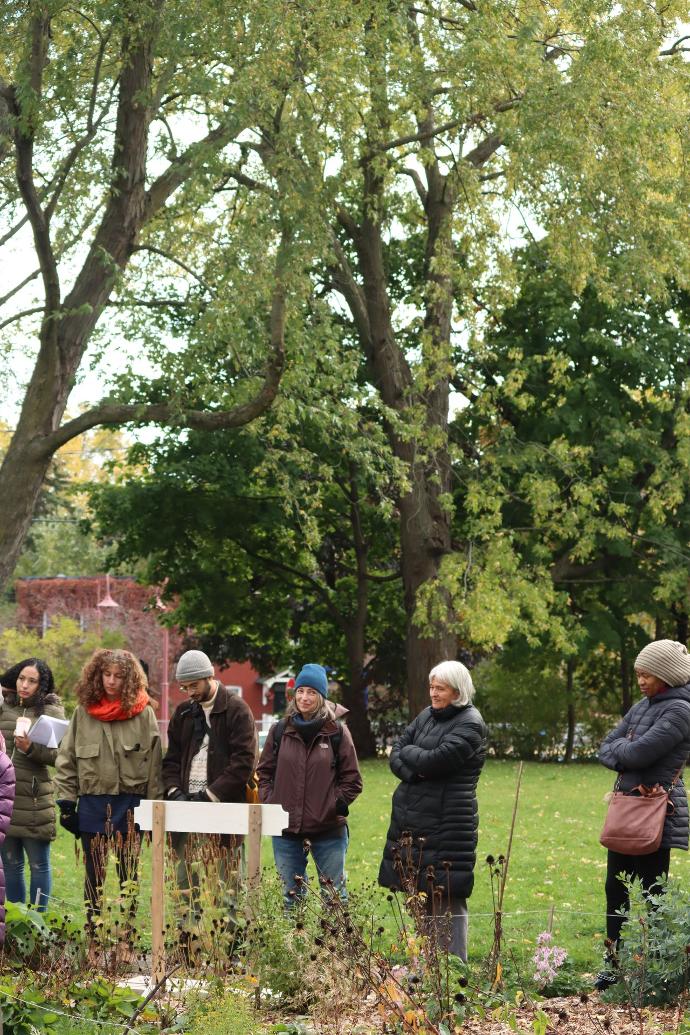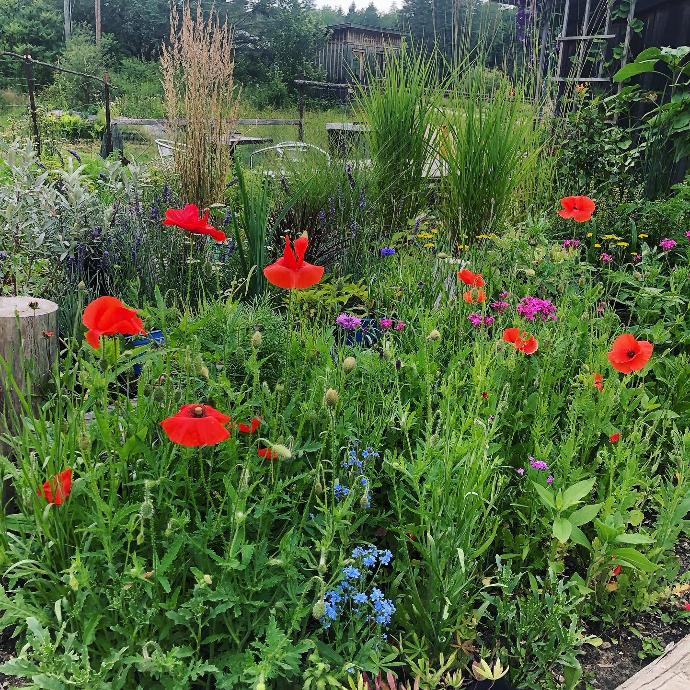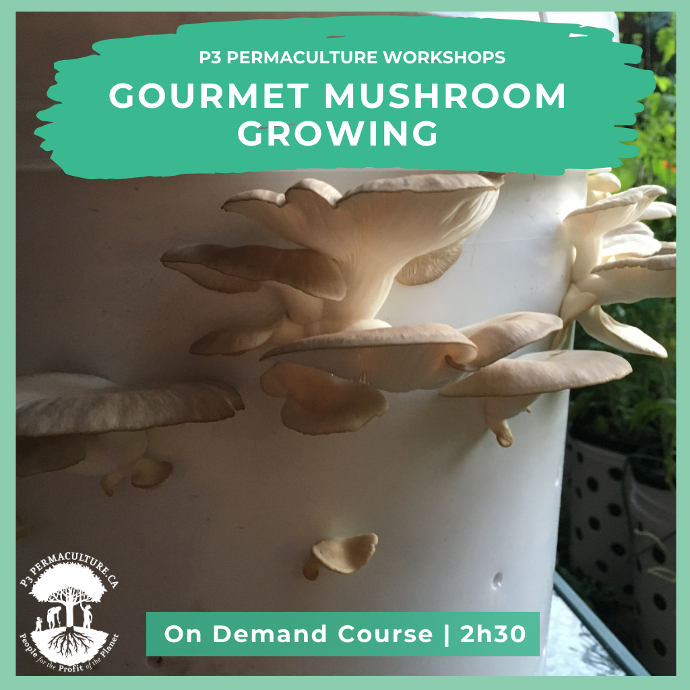Rain gardens are an important element of permaculture design that help to manage stormwater runoff and promote water conservation. These gardens are designed to capture and infiltrate rainwater from roofs, driveways, and other impervious surfaces, allowing it to slowly percolate into the soil and recharge groundwater supplies. Rain gardens are an effective and sustainable way to manage stormwater and reduce the impact of urbanization on local water resources.
Designing a Rain Garden
Designing a rain garden in permaculture involves considering the site's topography, hydrology, and existing vegetation to create a functional and aesthetically pleasing garden. The goal is to design a garden that captures and infiltrates rainwater, while also providing habitat for a variety of plants and animals.
To design a rain garden, it is important to consider the following elements:
Site selection - Choose a site that is downhill from a source of runoff, such as a roof or driveway, and has well-draining soil.
Garden size - Determine the appropriate size of the rain garden based on the amount of runoff that needs to be managed.
Soil preparation - Prepare the soil by removing any existing vegetation and amending it with organic matter to improve drainage.
Plant selection - Choose plants that are adapted to the local climate and soil conditions, and that can tolerate both wet and dry conditions.
Mulching - Mulch the garden with organic matter, such as leaves or wood chips, to help retain moisture and suppress weeds.

Why make a rain garden?
Rain gardens provide a variety of benefits to gardeners, permaculture enthusiasts, and the environment! These benefits include:
Stormwater management - Rain gardens capture and infiltrate stormwater, reducing the impact of urbanization on local water resources.
Water conservation - Rain gardens promote water conservation by allowing rainwater to slowly percolate into the soil and recharge groundwater supplies.
Habitat creation - Rain gardens provide habitat for a variety of plants and animals, including beneficial insects and pollinators.

Why make a rain garden?
Rain gardens provide a variety of benefits to gardeners, permaculture enthusiasts, and the environment! These benefits include:
Stormwater management - Rain gardens capture and infiltrate stormwater, reducing the impact of urbanization on local water resources.
Water conservation - Rain gardens promote water conservation by allowing rainwater to slowly percolate into the soil and recharge groundwater supplies.
Habitat creation - Rain gardens provide habitat for a variety of plants and animals, including beneficial insects and pollinators.
Want to learn more about using permaculture to conserve water?
As a key aspect of permaculture design, you'll learn all about water management with permaculture techniques like rain gardens in our Summer 2023 Permaculture Design Certificate course in Wakefield, Quebec. You'll also get to engage in a bunch of other hands-on eco-gardening and permaculture techniques in our PDC, such as lasagna gardens, herb spirals, and hot composts!







Water Conservation with Rain Gardens!